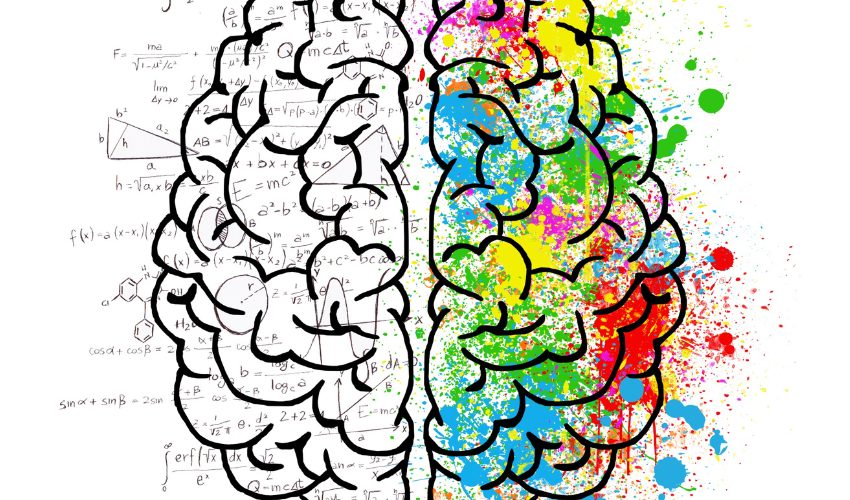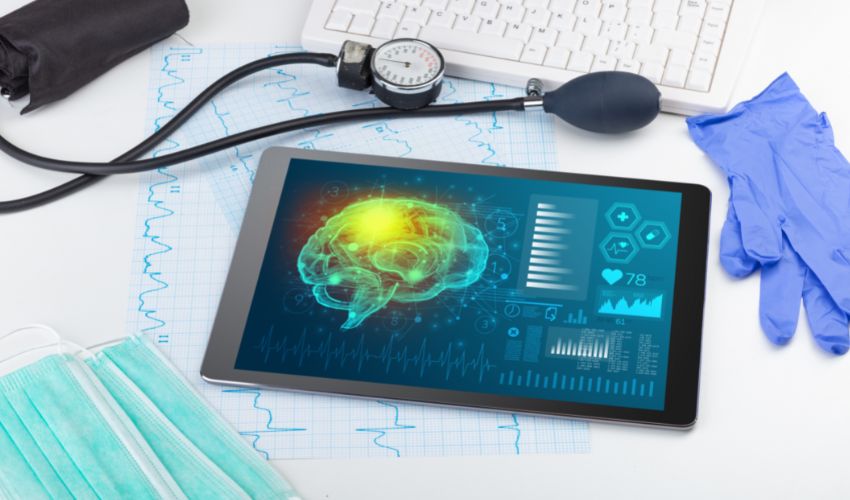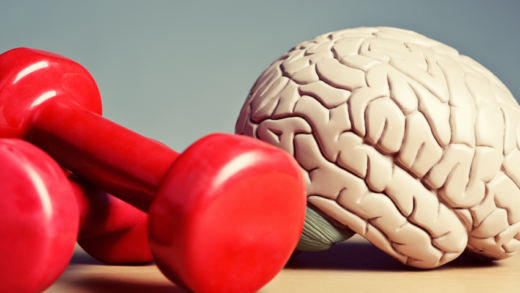The human brain is the most complex and fascinating organ in the body, consisting of over 100 billion neurons and trillions of connections. It controls every function of the body, from the most basic tasks like breathing and heart rate to the more complex processes involved in thought, emotion, and creativity.
The brain is divided into three main parts: the cerebrum, the cerebellum, and the brainstem. The cerebrum is the largest part of the brain and is responsible for conscious thought, learning, and memory. The cerebellum is located at the base of the brain and controls movement and coordination. The brainstem connects the brain to the spinal cord and controls automatic functions like breathing and heart rate.
The brain processes information through a complex network of neurons, synapses, and neurotransmitters. Neurons are the basic building blocks of the brain and communicate with one another through synapses, which are tiny gaps between neurons. Neurotransmitters, such as dopamine and serotonin, act as chemical messengers between neurons, allowing for communication and information processing.
Memory is a complex process that involves several different areas of the brain. Long-term memory involves the hippocampus and other brain structures, while short-term memory is more localized in the prefrontal cortex. Learning and memory are critical for everyday life, from remembering basic information like phone numbers to more complex tasks like driving a car or playing a musical instrument.
Emotions are another crucial aspect of brain function, and they play a significant role in shaping our behavior and interactions with others. Emotions are processed in the amygdala, which sends signals to other parts of the brain to generate physical and emotional responses. Disorders of emotion regulation, such as depression or anxiety, can result from abnormalities in the brain’s emotional processing systems.

Creativity and innovation are also linked to brain function, particularly in the prefrontal cortex, which is responsible for generating novel ideas and solutions. The default mode network, which is involved in daydreaming and creative problem-solving, is another critical brain network involved in creativity.
Decision-making and problem-solving rely on different areas of the brain, with analytical decision-making involving logic and reason, while intuitive decision-making is based on instinct and emotion. Understanding these different processes can help individuals make better decisions and solve problems more effectively.
Maintaining good brain health is essential for optimal brain function and overall well-being. Strategies for maintaining brain health include getting regular exercise, eating a healthy diet rich in nutrients like omega-3 fatty acids and antioxidants, engaging in mentally stimulating activities, and managing stress.
Bullet Points:
- The brain is made up of three main parts: the cerebrum, the cerebellum, and the brainstem.
- Neurons are the basic building blocks of the brain, while synapses and neurotransmitters allow for communication between neurons.
- Long-term memory involves the hippocampus and other brain structures, while short-term memory is more localized in the prefrontal cortex.
- Emotions are processed in the amygdala, which sends signals to other parts of the brain to generate physical and emotional responses.
- The prefrontal cortex is critical for generating novel ideas and solutions, while the default mode network is involved in daydreaming and creative problem-solving.
- Strategies for boosting creativity include taking breaks, changing your environment, and seeking out new experiences.
- Analytical decision-making relies on logic and reason, while intuitive decision-making is based on instinct and emotion.
- Exercise and sleep are crucial for maintaining brain health and preventing cognitive decline.
- Foods and supplements that promote brain function include omega-3 fatty acids, B vitamins, and antioxidants.
FAQs:
How does brain function affect behavior?
Brain function plays a significant role in shaping behavior, including decision-making, emotion regulation, and social interactions. Certain disorders of brain function, such as schizophrenia or autism, can lead to abnormal behavior.
Can brain function be improved?
Yes, brain function can be improved through various techniques, such as practicing mindfulness, getting regular exercise, and engaging in mentally stimulating activities.
What are some common causes of cognitive decline?
Cognitive decline can result from a variety of factors, including aging, disease, poor nutrition, and lack of physical activity.
Can supplements or brain-training games improve brain function?
While some supplements and brain-training games may have a modest effect on brain function, the evidence for their efficacy is mixed.
How can I maintain good brain health as I age?
Maintaining good brain health as you age can involve several strategies, such as staying physically active, eating a healthy diet rich in nutrients like omega-3 fatty acids and antioxidants, getting enough sleep, engaging in mentally stimulating activities, and managing stress.

Conclusion:
In conclusion, brain function is a fascinating and complex topic that influences every aspect of our lives. From memory and emotion to creativity and decision-making, the brain plays a critical role in shaping who we are and how we interact with the world around us.
By understanding the basic structure and processes of the brain, as well as practical ways to optimize brain function, we can improve our mental performance, enhance our overall well-being, and lead more fulfilling lives. So next time you’re pondering a tough decision or trying to come up with a creative solution, remember that it’s all thanks to the incredible power of your brain function.






















